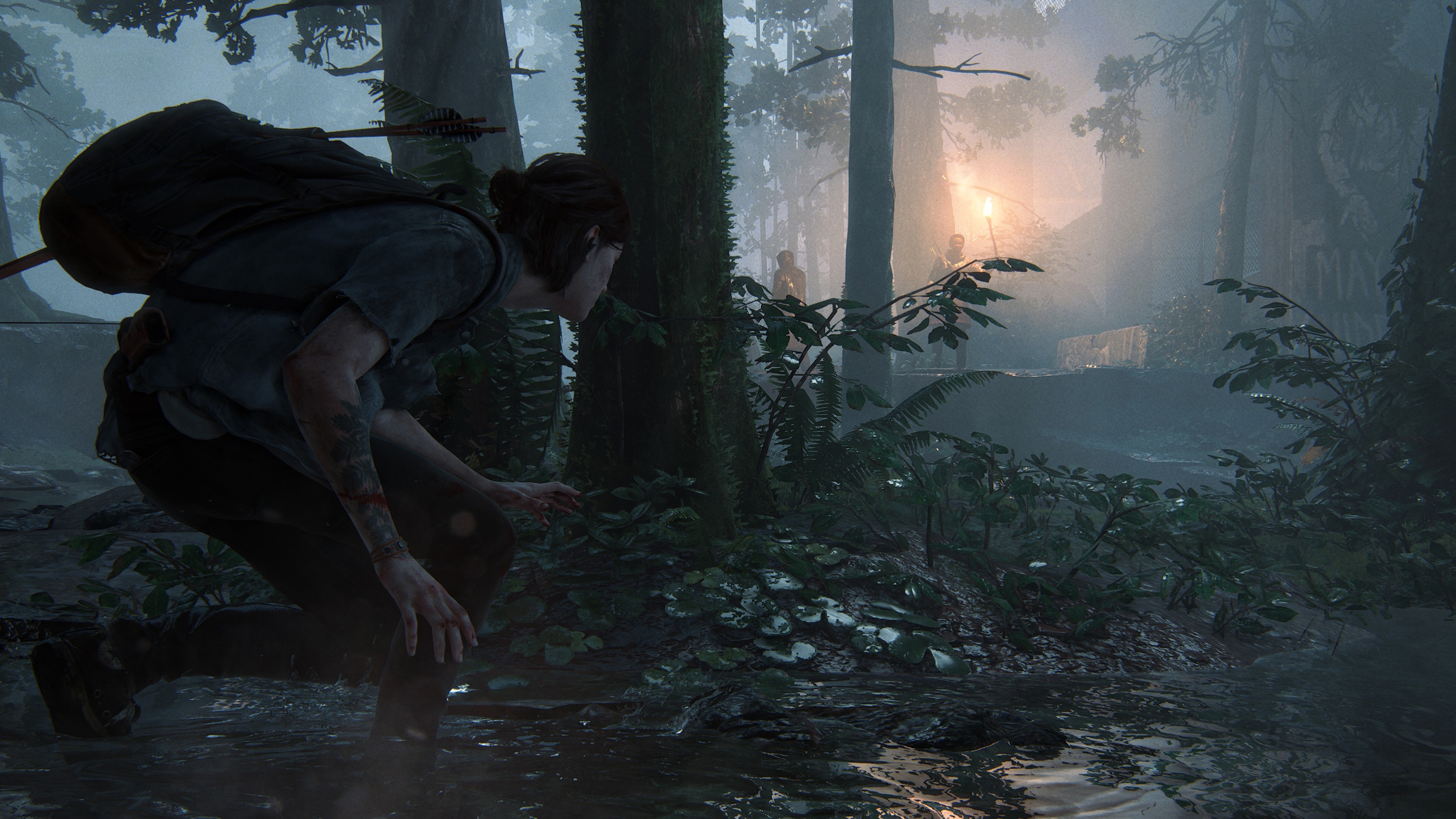

Between 19, the Supreme Court issued several key decisions upholding the constitutionality of Section 5 and affirming the broad range of voting practices for which preclearance was required. The Voting Rights Act of 1965 was the most significant statutory change in the relationship between the federal and state governments in the area of voting since the Reconstruction period following the Civil War and it was immediately challenged in the courts. 663 (1966), the Supreme Court held Virginia's poll tax to be unconstitutional under the 14th amendment. Virginia State Board of Elections, 383 U.S. The use of poll taxes in national elections had been abolished by the 24th amendment (1964) to the Constitution the Voting Rights Act directed the Attorney General to challenge the use of poll taxes in state and local elections. Section 2, which closely followed the language of the 15th amendment, applied a nationwide prohibition of the denial or abridgment of the right to vote on account of race or color. Attorney General for any new voting practices and procedures. In addition, Section 5 of the act required covered jurisdictions to obtain "preclearance" from either the District Court for the District of Columbia or the U.S. The legislation, which President Johnson signed into law the next day, outlawed literacy tests and provided for the appointment of federal examiners (with the power to register qualified citizens to vote) in those jurisdictions that were "covered" according to a formula provided in the statute. The combination of public revulsion to the violence and Johnson's political skills stimulated Congress to pass the voting rights bill on August 5, 1965.

The murder of voting-rights activists in Mississippi and the attack by white state troopers on peaceful marchers in Selma, Alabama, gained national attention and persuaded President Johnson and Congress to initiate meaningful and effective national voting rights legislation. In 1964, numerous peaceful demonstrations were organized by Civil Rights leaders, and the considerable violence they were met with brought renewed attention to the issue of voting rights.
The last of us part 2 background registration#
As a result, African-American voter registration was limited, along with political power. They also risked harassment, intimidation, economic reprisals, and physical violence when they tried to register or vote. In those years, African Americans in the South faced tremendous obstacles to voting, including poll taxes, literacy tests, and other bureaucratic restrictions to deny them the right to vote. This “act to enforce the fifteenth amendment to the Constitution” was signed into law 95 years after the amendment was ratified.


 0 kommentar(er)
0 kommentar(er)
